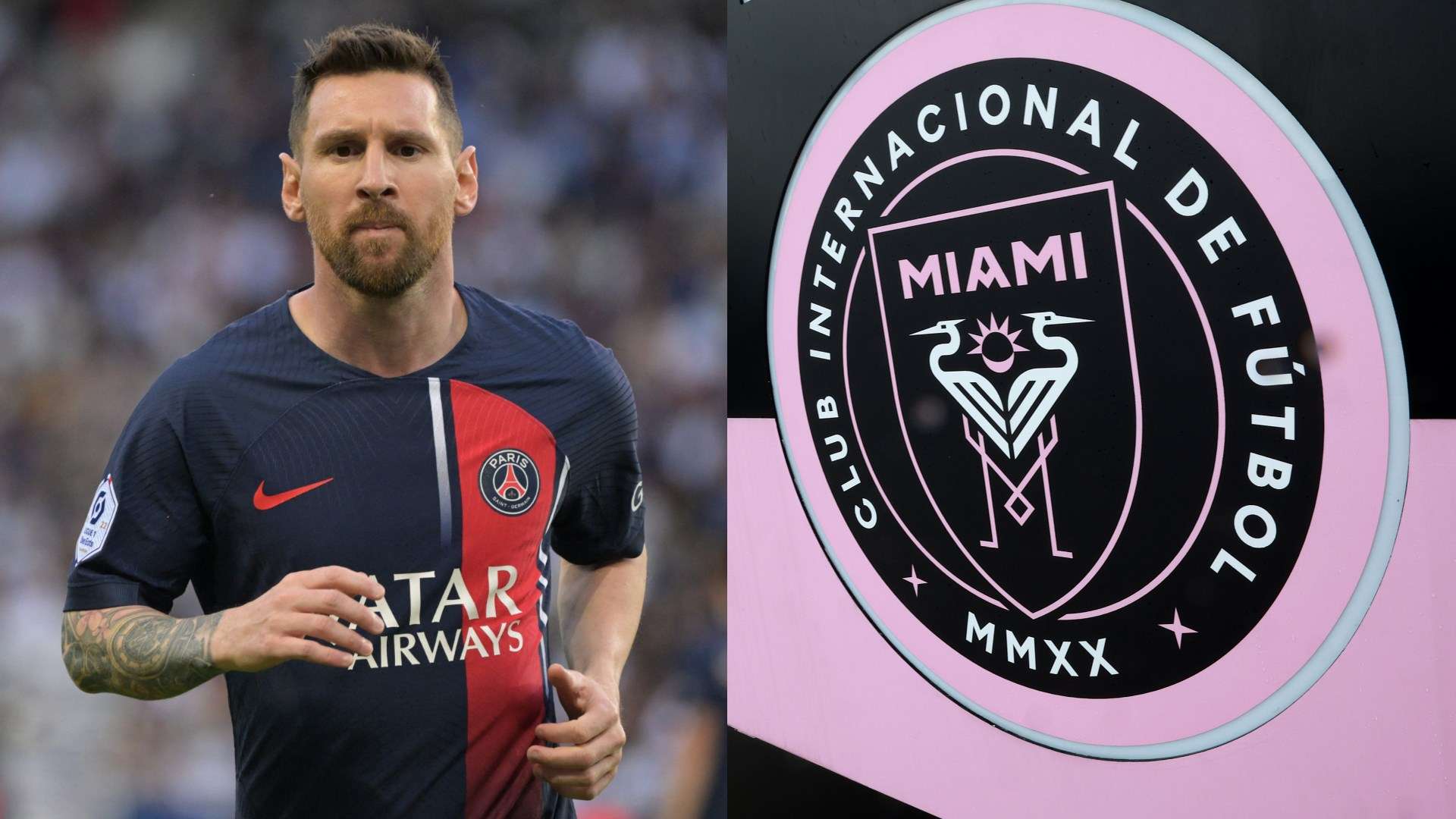Lionel Messi shocked the football world on Wednesday as he announced his decision to join Major League Soccer side Inter Miami. The 35-year-old has been one of the greatest footballers to ever grace the sport and his decision to snub clubs in Europe raised quite a few eyebrows.
Three options had come up for Messi regarding his future: re-join Barcelona, make a fortune in Saudi Arabia, or move stateside with Inter Miami. For a while, it seemed the Argentine was likelier to pick one of the former two options, although he will be heading to the United States - a move that will change U.S. soccer forever.
Now the big question that will come up is how Inter Miami can fit the Argentine superstar into Major League Soccer's extremely tight financial restrictions, as the Herons have already filled up their allocated three spots for the 'Designated Player'.
GOAL takes a look at the situation and how Inter Miami can actually get the World Cup winner onto the pitch.
How does the MLS wage cap work?
As a single entity league, MLS centrally controls player contracts, with the league office overseeing the salary limits for teams. In 2023, each MLS team is granted a base salary cap of $5.2 million. Furthermore, teams have access to additional funds through General Allocation Money (GAM), amounting to $1.9 million and Targeted Allocation Money (TAM), totalling $2.7 million.
MLS offers various mechanisms for teams to reduce the impact of player salaries on their budgets, such as utilizing the designated player (DP) rule and using allocated funds to decrease the load on their salary cap. These provisions enable teams to optimize their wage bills within the league's financial framework.
 Getty Images
Getty ImagesWhat is the Designated Player rule?
In MLS, the Designated Player (DP) rule enables each club to sign up to three players whose salaries exceed the league's salary cap. This allows teams to compete for high-profile international players. The salary cap was introduced to maintain the financial balance among teams.
MLS has implemented initiatives like Designated Players and allocation money, exempt from the cap, to enhance player quality while staying within budget. In 2023, each DP player counted as $612,500 against the cap, except for those joining after the Secondary Transfer Window, who had a budget charge of $306,250.
Will Messi be a Designated Player?
Currently, Inter Miami has all three of its Designated Player spots filled with Gregore, Rodolfo Pizarro and Leonardo Campana taking up those spots. However, with the arrival of Lionel Messi, it is likely that Gregore, who is the lowest earner of the current three Designated Players for the Herons, will be taken off the designation and shifted to a regular spot on the roster.
 Getty Images
Getty ImagesInter Miami can take up this option as they have significant headspace on their wage cap and allocation money, with the club acquiring $1.6 million in allocation money in an April trade that sent Bryce Duke and Ari Lassiter to CF Montreal.
These accommodations should make it easy for Miami to nail down their signing of the seven-time Ballon d'Or winner while adhering to the regulations of MLS.
Can Inter Miami afford Messi's wages?
Messi is widely regarded as one of the greatest footballers to have ever played the game and signing a player of that stature comes at a huge wage cost that not every club can handle within its financial capabilities.
While the specific terms of Messi's contract with Inter Miami have not been disclosed, he is said to be earning between $125m-$150m (£100m-£120m). That is some way short of the reports of a lucrative offer he had from Saudi Arabia, worth around $400m (£318m) per year.
Matching those numbers would definitely be impossible for Inter Miami due to many factors, and it is rumoured that all MLS clubs helped finance the deal with the help of their partners.

Indeed, Apple, in the midst of a 10-year agreement worth $2.5 billion to broadcast league games on its Apple TV streaming platform, and adidas, the league's kit sponsor with a longstanding association with Messi since 2006, will contribute to funding Messi's contract.
This collaboration presents significant potential benefits for both companies. Apple recently announced a forthcoming four-part documentary series on Messi's World Cup victory last year, expecting a surge in international subscriptions to its MLS Season Pass package.
Discussions have reportedly taken place between MLS and Apple regarding the possibility of Messi receiving a portion of the revenue from the MLS Season Pass TV subscription. And reports stat that adidas has proposed a profit-sharing arrangement that would grant Messi a share of any increase in profits derived from MLS.


